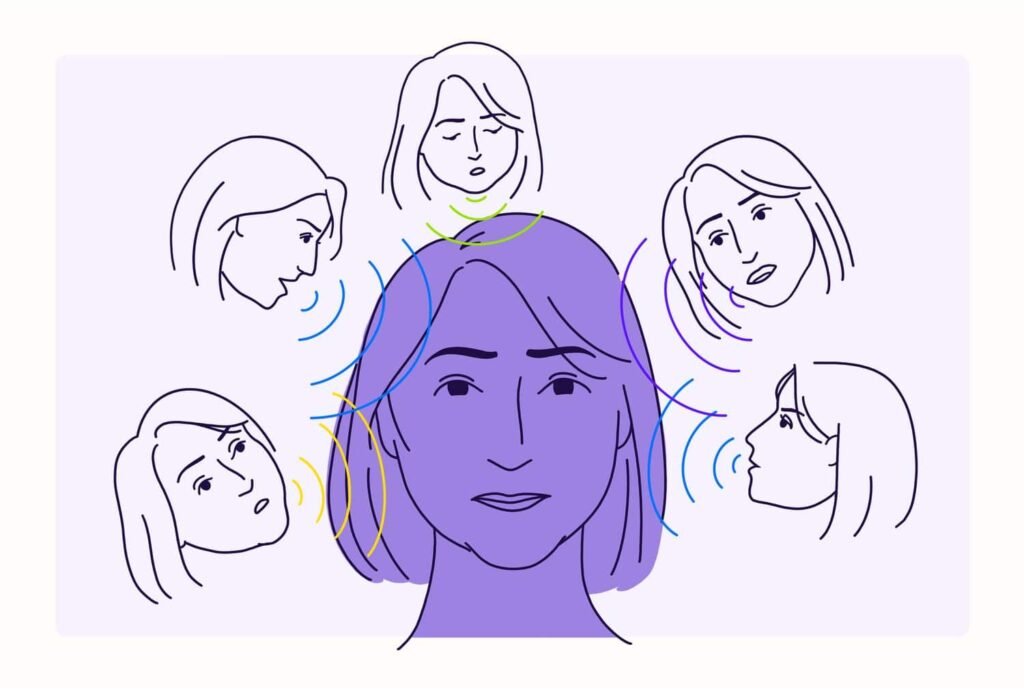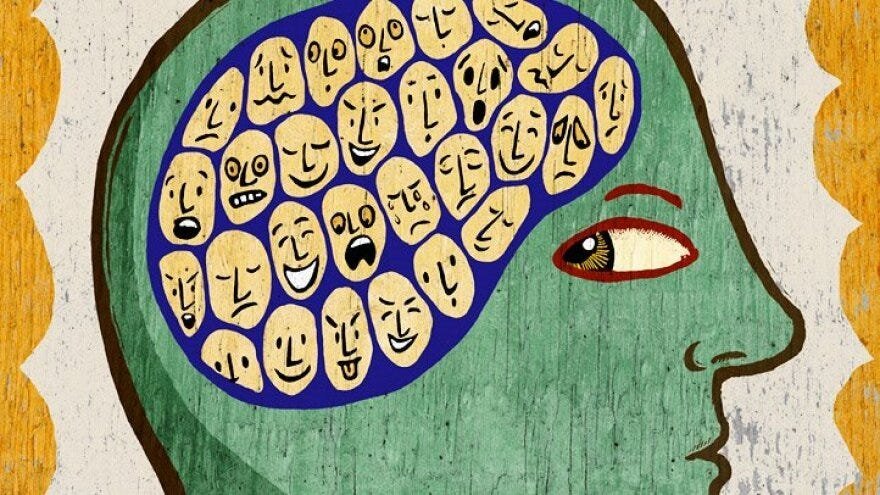Love, Trust, and Understanding: Navigating Relationships with Schizophrenia
Schizophrenia is often misunderstood, not only by society at large but also by loved ones of those affected. While many people are aware of its symptoms such as hallucinations and delusions they may not fully grasp how the condition impacts relationships. When someone close to you has schizophrenia, it can be challenging to know how to communicate, provide support, and maintain a healthy relationship. This blog explores the impact of schizophrenia on relationships, with practical advice on navigating communication, fostering understanding, and offering support.

What is schizophrenia?
Schizophrenia is a complex mental illness that affects how a person thinks, feels, and behaves. Its hallmark symptoms hallucinations, delusions, and disorganized thinking can distort reality, making it difficult for individuals to engage with the world around them in the same way others do. This can severely impact their ability to form and maintain relationships. But beyond the symptoms, it’s important to consider the emotional toll schizophrenia takes on both the person diagnosed and those around them. Family members, partners, and friends often struggle to understand the condition, which can lead to frustration, confusion, and isolation. When communication breaks down, the relationship can suffer. That’s why understanding the mental health challenges involved and learning how to communicate effectively is so crucial.
In the film Karthik Calling Karthik (2010), the protagonist, Karthik, begins receiving mysterious phone calls from someone who claims to be him. These calls fuel his mental deterioration, as he starts to believe in the delusions and hallucinations. The film, while not directly about schizophrenia, showcases how a person struggling with mental health can become disconnected from reality and lose touch with their sense of self. Karthik’s internal battle leads to isolation and confusion, especially in his relationship with his love interest, Shonali, who struggles to understand his behavior.

For loved ones, it can be difficult to know how to respond. They may feel hurt or rejected when communication is fragmented, not realizing that the person they care for is not deliberately pushing them away. In such situations, patience, understanding, and clear communication are key. Instead of reacting emotionally to a misunderstanding, it’s essential to approach the situation with compassion.
Tips for Effective Communication:
- Be Clear and Concise: People with schizophrenia may struggle to process complex or abstract information. Keeping conversations simple and to the point can reduce confusion.
- Be Patient: Understand that delays in responses, or the need for breaks during conversations, are not signs of disinterest but symptoms of the illness.
- Avoid Arguments: If the person experiences delusions or hallucinations, avoid challenging them directly. Instead, acknowledge their feelings without reinforcing their false beliefs.
- Non-Verbal Communication: Sometimes, words fail. Non-verbal cues—like touch, gentle eye contact, and body language can reassure your loved one that you are present and supportive.
As we observe World Schizophrenia Day on May 24, it’s an important reminder to not only raise awareness about schizophrenia but also to highlight the profound impact it has on relationships. Schizophrenia, while often misunderstood, affects the way individuals interact with the world around them, making communication and connection with loved ones a challenge. By taking the time to educate ourselves, foster empathy, and support those who are affected, we can reduce the stigma associated with the illness. This day serves as a call to action for all of us to show greater understanding and patience, so that people living with schizophrenia can experience the love and support they deserve in their relationships.
Final Thoughts
Schizophrenia may complicate relationships, but it doesn’t make them impossible. By fostering open communication, educating yourself, and offering unwavering support, you can help your loved one navigate their mental health journey. In turn, you’ll strengthen the bond that holds your relationship together, showing that love and understanding can overcome even the most difficult challenges.
Found this helpful? Subscribe below for more



